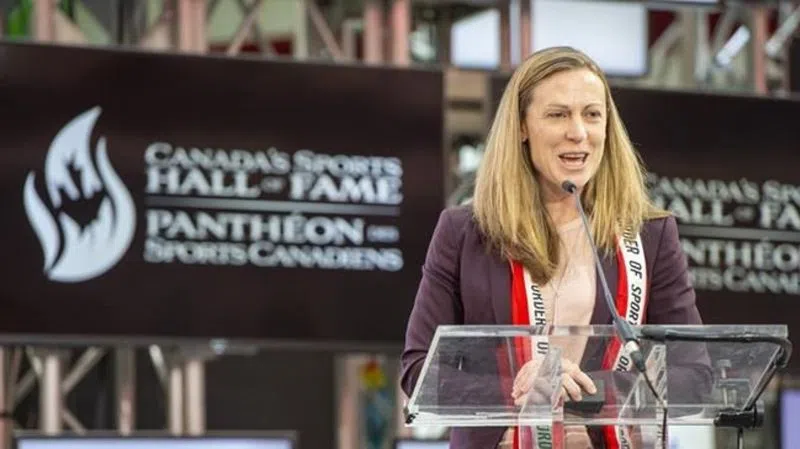
Pandemic strikes at a pivotal time in women’s professional hockey
Women’s professional hockey, already in upheaval, is facing the economic impact of the COVID-19 pandemic.
Jayna Hefford, the leader of the Professional Women’s Hockey Players’ Association (PWHPA) remains undaunted in her quest to navigate women to the league they desire.
The roadmap is murkier, however, because of a virus that’s pushing hockey down the list of society’s priorities at a time when women’s hockey is striving to raise its profile.
Hefford hopes the clout the PWHPA and its players cultivated this past winter isn’t for naught.


